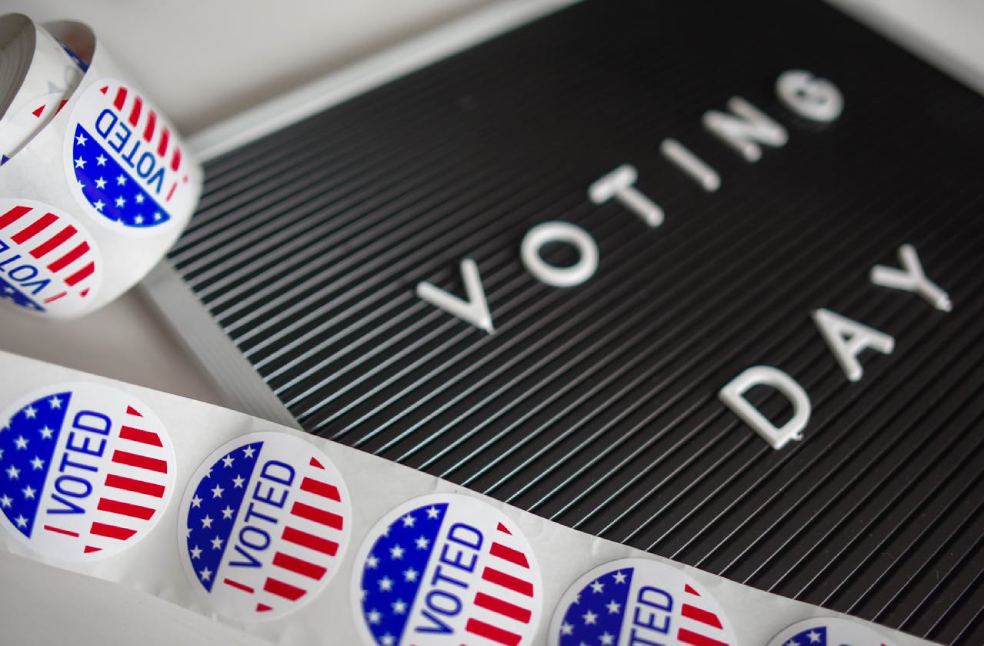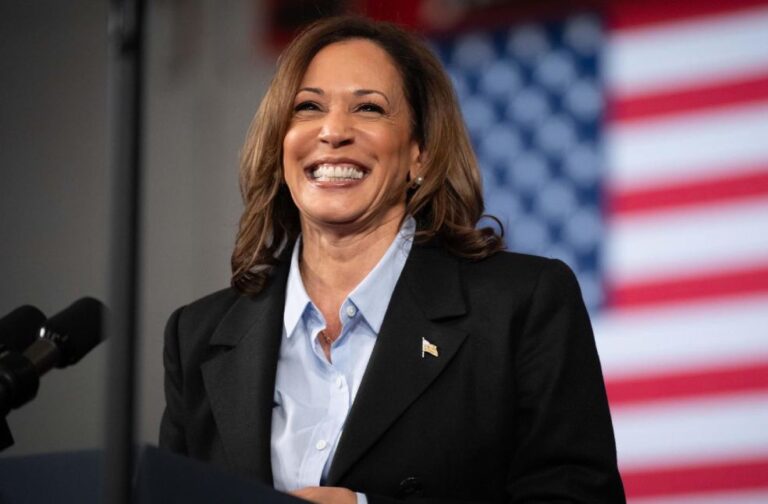Washington DC: U.S. Vice President Kamala Harris is preparing to introduce a significant tax deduction designed to support small business growth as part of her ongoing presidential campaign. The new plan, announced in New Hampshire, will allow new small businesses to claim up to $50,000 in tax deductions.
The tax deductions is a significant increase from the current $5,000 limit. This move is part of her broader strategy to strengthen her economic credentials in the tightly contested presidential race.
During a campaign stop in Savannah, Georgia, last week, Harris highlighted the importance of small businesses, calling their growth one of her “singular priorities.” She emphasized that half of America’s working population is connected to small businesses, either by owning, running, or working in them.
As the Democratic nominee, Harris has set an ambitious goal of 25 million new small business applications during her first four years in office if elected. This announcement comes as Harris continues to hold a modest lead against former President Donald Trump in most polls. However, she has faced challenges, particularly regarding perceptions of her economic competence compared to her Republican rival.

Harris became the Democratic nominee after President Joe Biden announced in July that he would not seek re-election. Since then, she has faced some criticism for not releasing many detailed policy proposals and for avoiding media questions.
This latest policy initiative comes as Harris prepares for her first presidential debate against Trump, set to take place in Philadelphia, Pennsylvania. Her economic agenda, which she has positioned as more favorable to middle-class Americans, contrasts with Trump’s proposals, including significant tax cuts and a reduction in the corporate tax rate.
Last month, Harris introduced several key economic policies, including a $25,000 subsidy for first-time homebuyers, a $6,000 child tax benefit for newborns, and a federal ban on price gouging for groceries. These proposals aim to create what she calls an “opportunity economy,” further distinguishing her platform from that of her opponent.



